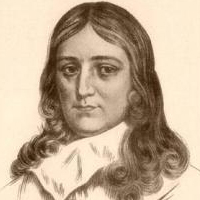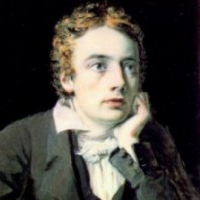Dream Songs by John Berryman: Summary and Critical Analysis
The post-modernist epic Dream Songs is a vast mosaic of the mental life of a typical mid twentieth century American character, also based on the author’s own life and experience. The poem presents, in an expressionistic manner, the 'dreams' of a character named Henry, who claims to have suffered many and heavy losses in his life; now he is frantically trying to cure himself by a kind of artistic psychotherapy by writing (or spurting out) in the language of dream and neurosis about all kinds of troubles, releasing all his repressed energies, and indulging in his dream.







